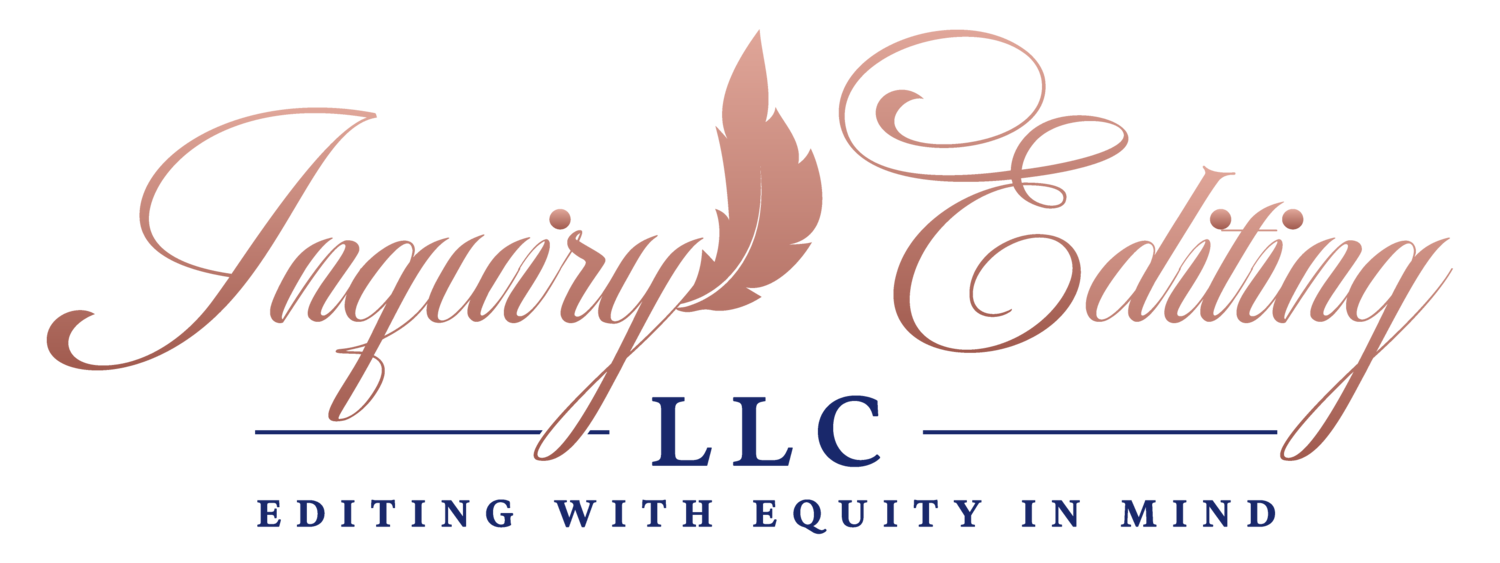How to Revise an Article: Update
Oh, dear reader, you know I wouldn’t leave you languishing. I have to update you on how my little article is making its way in the world. Unfortunately, this is a bit of a disappointment.
I sent my article off to a journal. I specifically chose this journal because I wanted my article to have a wider audience. Some academics believe that the most popular journals have the widest reach. That may or may not be true. The fact is, I do not always read PMLA, the flagship journal (rightly or wrongly) for professors in English. I search for the articles I need based on topic and author. I find people and information through a combination of my own habits, the search engine algorithmic nation (pace Janet Jackson), serendipitous conversation (I’ll admit that I’m a bit of a talker), and being an anonymous reader for various books and articles. So, I chose this journal because I wanted people in a certain demographic to have access to my work.
The article was accepted. But, it will not be published with this journal.
The first reader suggested “accept with minor revisions.” Their concerns were about my phrasing of certain ideas and how early I introduced my nay-sayers. Those concerns would have been easy to address. The second reader suggested “accept with major revisions.” When I perused the comments, I was baffled. The person wanted me to account for their mis-readings and subtexts only they surmised. Mind you, these subtexts had not surfaced neither in the comments from my earlier rejection, nor any of my peer-reads. Specifically, the person was choosing to read my literary criticism work for the purposes of explicating a people group’s interests, histories, politics, and habits. Literary criticism fundamentally eschews that purpose… unless of course one encounters literature by people of color. Please note the deep dulcet tones of sarcasm. The explicitly stated purpose of my work was to experiment: to propose a way of reading that was suggestive rather than conclusive. Reader number 2 (dear reader, it is always reader number 2) wrote comments that were offended by my five typographical errors (Yes, I make them. I make no apologies.) and suggested that I didn’t know what I was arguing.
The wide variation in comments and tone gave me some pause. I wanted to ensure that I wasn’t misinterpreting the comments or letting my ego drive my thinking. So, I consulted another person. She actually gave me the language of “deliberate misread.” Her concern was different from mine: for her, reviewer two expected me to answer questions in the text that would be best serviced by footnotes, if (in her words) “you damn well please to at all.”
Rather than assume I had to include R2’s comments, I contacted the editor. When I worked as an editor, I did not always require my authors to use the reviewers’ comments. In fact, in some instances, I straight up told them not to. Sometimes reviewers are persnickety; sometimes they are plain wrong. Mind you, I have three edited volumes to my name. I have seen many things. The stories I could tell!
I asked the editor whether I had to include the comments and the editor’s email was nonchalant but suggested I needed to include R2’s comments. I wrote: I was wondering whether I had to positively include the feedback I've received specifically from reviewer two: account for their perceived subtext of my argument, add an additional text for scrutiny, provide demography information about religion and census classification, etc. Based on what you've told me, it would appear that I have to affirm this person's feedback by including it in my work. I cannot in good conscience incorporate reviewer 2's feedback because it isn't consonant with the field and assumes I am saying things that I am not saying. It also ignores the main thrust of the essay for more sociologically based readings of this work. The editor thanked me for submitting and told me good luck.
Had I been an assistant professor, this would be devastating. Tenure requirements tend to force junior professors to learn the rigors, structures, and genres of the academic article. So, it would not have necessarily been possible to turn down an opportunity. I would have had to finagle the document so that I would satisfy my conscience or scramble to find another venue. Either way, the tenure clock (and, actually, the promotion clock, too, quiet as its kept) places certain exigencies on your career. I hold no judgement for folks who would have tried to make it work.
When I was an assistant professor, I would have done the same thing I did. I know, because I once did. I live fully in the spirit of Shirley Chisholm: “I have already moved away from being a moderate, a liberal. My frustrations at trying to operate through channels and following the prescribed procedures, and failing to get any action, have radicalized me.” I, too, am unbought and unbossed.
Right now, my article is on ice. I’ll change my typos. Probably create new ones. And, I’ll send it out again.
Of course, dear reader, I shall keep you apprised.
